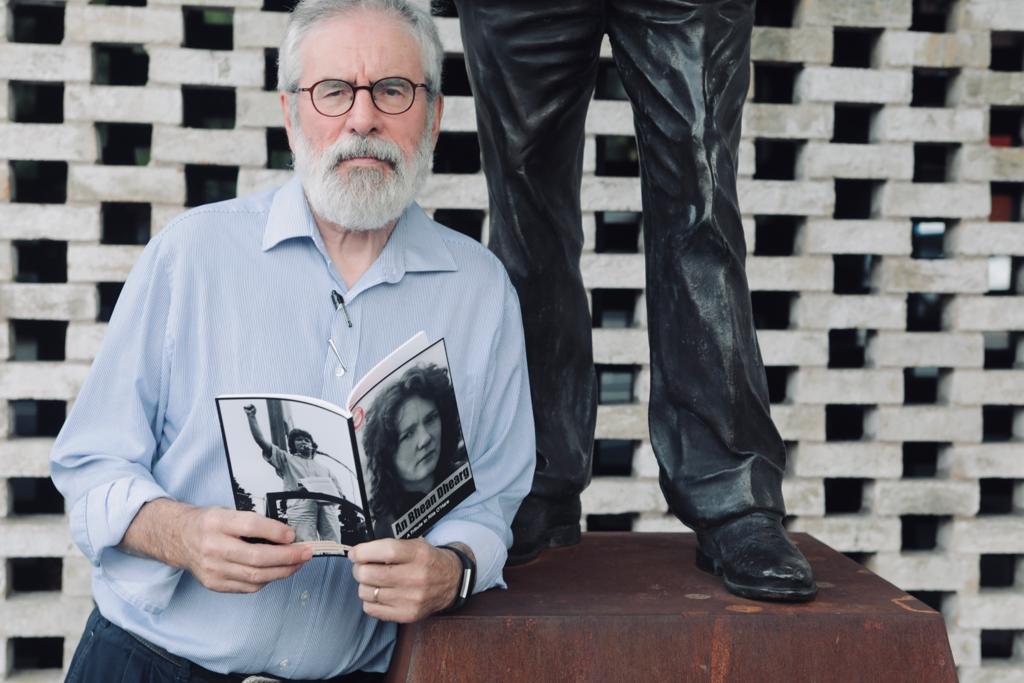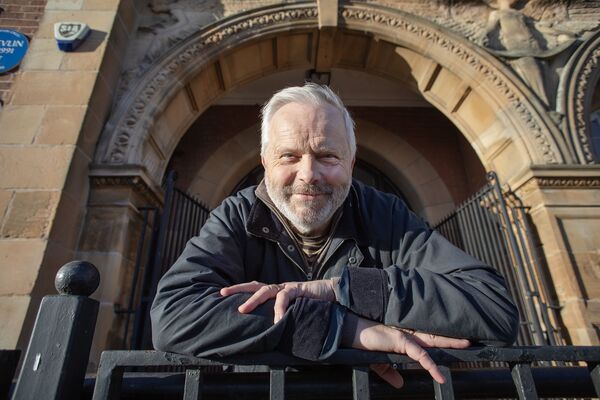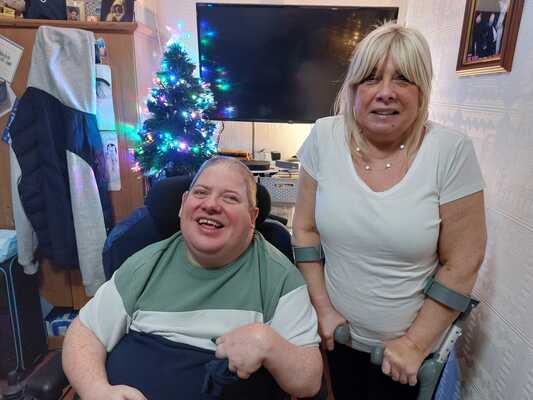FORMER Sinn Féin President Gerry Adams has said that no one should be surprised by the British government "seeking to dodge its lawful and human rights responsibilities".
It comes after British Prime Minister Keir Starmer told the House of Commons that he will look "at every conceivable way" to prevent former internees, including Gerry Adams, from receiving compensation.
Many internees, including the former Sinn Féin president, were imprisoned unlawfully in the early 1970s when nearly 2,000 people, the vast majority Catholics, were arrested and imprisoned without charged.
In May 2020 the Supreme Court ruled that the British government illegally imprisoned Gerry Adams when he was interned without trial in 1973. In its ruling, the UK’s highest court also quashed his two historic convictions for trying to escape from Long Kesh in December 1973 and July 1974.
Mr Starmer was responding to criticism in the Commons to the British government’s proposed repeal of legislation that had put a stop to compensation claims. He also criticised the former government’s controversial Legacy Act which had stopped civil claims.
“That Act was unfit not least because it gave immunity to hundreds of terrorists and wasn’t supported by victims in Northern Ireland, nor I believe by any of the political parties in Northern Ireland,” the Prime Minister said.
“The court found it unlawful. We will put in place a better framework, we’re working on a draft remedial order and replacement legislation, and we will look at every conceivable way to prevent these types of cases claiming damages.
“It’s important I say that on the record.”
Responding to Mr Starmer's comments, Gerry Adams said: “The decision by the Supreme Court in 2020 was explicit. Interim Custody Orders not authorised and approved by the Secretary of State are illegal. The British government has accepted this. It is a breach of the European Convention on Human Rights.
“When the legislation is changed there will almost certainly be further legal process in the courts before there is clarity on this matter. But no one should be surprised by a British government seeking to dodge its lawful and human rights responsibilities.”








